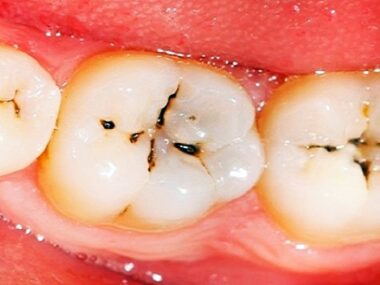Hypertension, commonly known as high blood pressure, is a medical condition characterized by the persistent elevation of blood pressure in the arteries. Blood pressure is the force exerted by blood against the walls of the arteries as the heart pumps it around the body.
It is measured in millimeters of mercury (mmHg) and is presented as two values: systolic pressure over diastolic pressure (e.g., 120/80 mmHg). The systolic pressure is the higher value and represents the pressure when the heart contracts, while the diastolic pressure is the lower value and represents the pressure when the heart is resting between beats.

Classification of Hypertension
- Primary (Essential) Hypertension: This is the most common type of hypertension, where there’s no identifiable cause. It typically develops gradually over many years and is influenced by a combination of genetic and environmental factors.
- Secondary Hypertension: This type of hypertension is caused by an underlying medical condition, such as kidney disease, hormonal disorders, or certain medications. Treating the underlying cause can often help manage secondary hypertension.
Risk Factors
- Age: Hypertension becomes more common as people age.
- Family history: A family history of hypertension increases your risk.
- Lifestyle factors: Poor diet (high in salt and low in potassium), lack of physical activity, excessive alcohol consumption, and smoking can contribute to hypertension.
- Obesity: Excess weight puts extra strain on the heart and blood vessels.
- Stress: Chronic stress may contribute to high blood pressure.
Complications
- It can lead to serious health problems such as heart disease, stroke, kidney damage, and eye damage.
- It’s often called the “silent killer” because it usually has no symptoms until it has caused significant damage.
Diagnosis
- Blood pressure readings are used to diagnose hypertension. Normal blood pressure is generally considered to be around 120/80 mmHg.
- It is diagnosed when blood pressure readings consistently measure 130/80 mmHg or higher.
Treatment and Management
- Lifestyle modifications: These include adopting a healthy diet (DASH diet), regular exercise, limiting alcohol intake, quitting smoking, and managing stress.
- Medications: Various classes of antihypertensive medications are available, such as diuretics, beta-blockers, ACE inhibitors, angiotensin II receptor blockers (ARBs), calcium channel blockers, and more. The choice of medication depends on the individual’s health profile.
Prevention
- Maintaining a healthy lifestyle from a young age can significantly reduce the risk of developing hypertension later in life.
- Regular check-ups can help catch and manage hypertension early.
Monitoring
- Regular blood pressure checks are important for individuals with hypertension to ensure their levels are controlled and within a healthy range.
In order to stay healthy, It’s important to note that hypertension is a serious condition that requires medical attention and management.
Lastly, If you suspect you have hypertension or are at risk, it’s recommended to consult your healthcare professional immediately for proper diagnosis and guidance on managing the condition.










